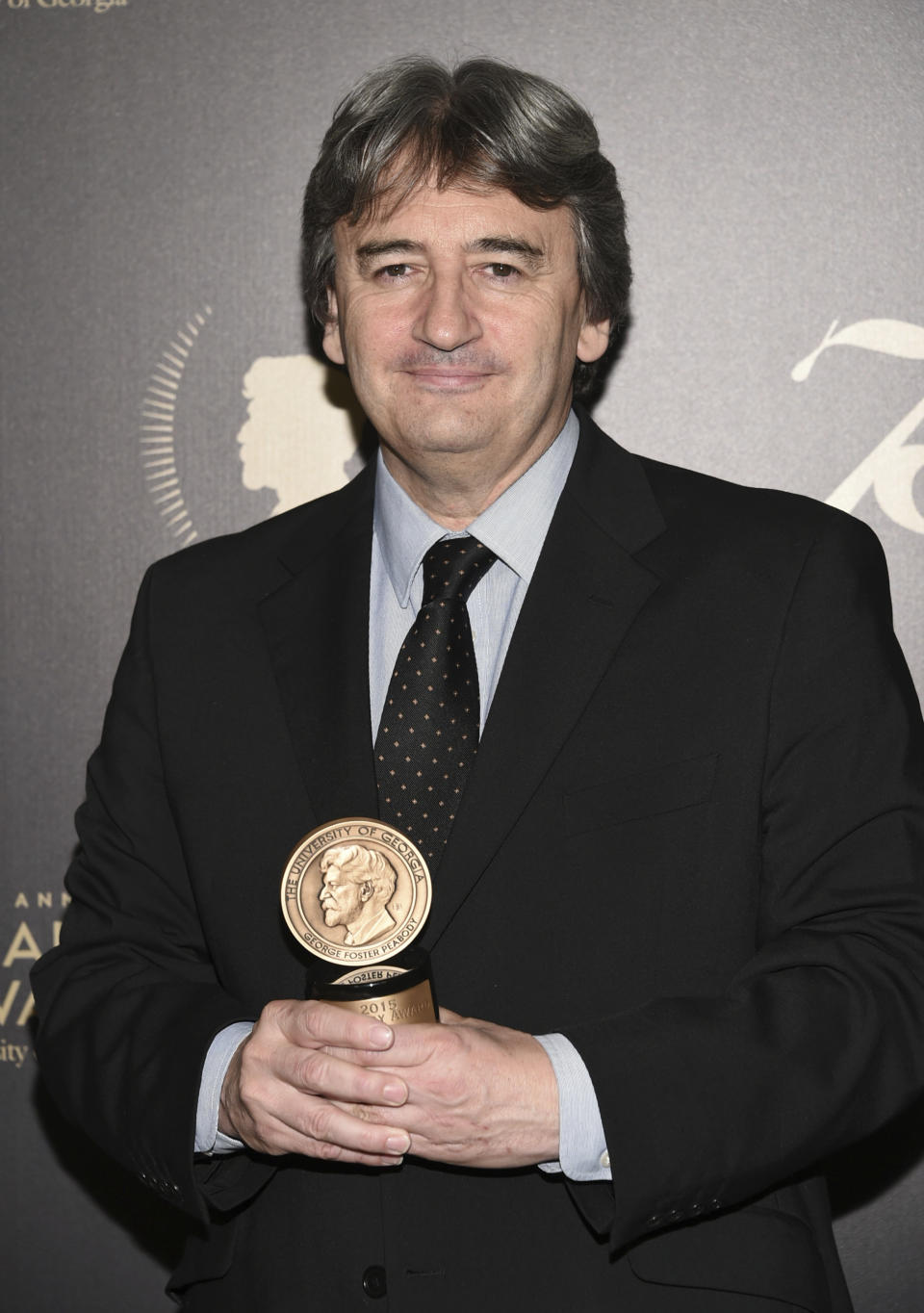BBC’s Africa editor steps down to assist recovery from PTSD

The BBC’s Africa editor is stepping down because he is suffering from post traumatic stress disorder (PTSD) after working in conflict zones.
Fergal Keane, 59, has been suffering from the condition for years, the broadcaster’s head of newsgathering Jonathan Munro said.
The BBC quotes Munro as saying that Keane’s diagnosis was the result of "several decades of work in conflict zones around the world".
Read more: Important facts about PTSD
The journalist will now take up a different position.
In an announcement to colleagues, Munro said that Keane “has been supported throughout this time by friends and colleagues in News, as well as receiving professional medical advice” but “now feels he needs to change his role in order to further assist his recovery”.
“It is both brave and welcome that he is ready to be open about PTSD,” he said.

Keane, who grew up in Dublin, joined the BBC in 1989 as Northern Ireland Correspondent.
He became their Southern African Correspondent the following year and was also Asia Correspondent for some time. He was later given the role of Africa editor.
Keane was the overall winner of the Amnesty International Press Awards in 1993, and a year later won the Amnesty television prize for his investigation of the Rwandan genocide, entitled Journey Into Darkness.
In 1996 he was made an OBE for his services to journalism.
Read more: Roxanne Pallett treated for PTSD and anxiety
The NHS describes PTSD as “an anxiety disorder caused by very stressful, frightening or distressing events”.
Symptoms can include nightmares, flashbacks and insomnia and sufferers may experience feelings of isolation, irritability and guilt.

 Yahoo News
Yahoo News 